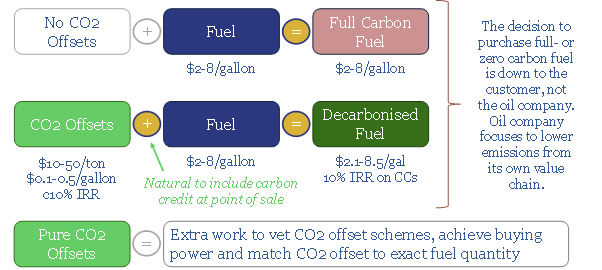

Nevertheless, the use of fossil fuels continues to grow with an expected annual increase of 1.3% to 2030 2, continually exacerbating this problem in the form of climate change Air transport, playing a significant role in the modern world in worldwide social contact, business and marketing, is a recognized source of high CO 2 emissions 3. However, it is abundantly clear this has disturbed the natural environment by the emission of greenhouse gases, most notably carbon dioxide (CO 2), nitrous oxide, and methane 1. This contrasts with jet fuels produced from hydrocarbon fossil sources where the combustion process unlocks the fossil carbon and places it into the atmosphere, in longevity, as aerial carbon - carbon dioxide.įor more than a century our industrial society and humankind’s prosperity, wealth and well-being, have been based on the combustion of hydrocarbon fossil fuels. As this carbon dioxide is extracted from air, and re-emitted from jet fuels when combusted in flight, the overall effect is a carbon-neutral fuel. The conversion reaction also produces light olefins ethylene, propylene, and butenes, totalling a yield of 8.7%, which are important raw materials for the petrochemical industry and are presently also only obtained from fossil crude oil. We prepare the Fe-Mn-K catalyst by the so-called Organic Combustion Method, and the catalyst shows a carbon dioxide conversion through hydrogenation to hydrocarbons in the aviation jet fuel range of 38.2%, with a yield of 17.2%, and a selectivity of 47.8%, and with an attendant low carbon monoxide (5.6%) and methane selectivity (10.4%). We report here a synthetic protocol to the fixation of carbon dioxide by converting it directly into aviation jet fuel using novel, inexpensive iron-based catalysts. These offer considerable potential since, instead of consuming fossil crude oil, the fuels are produced from carbon dioxide using sustainable renewable hydrogen and energy.

This is particularly true in the search for sustainable or renewable aviation fuels. With mounting concerns over climate change, the utilisation or conversion of carbon dioxide into sustainable, synthetic hydrocarbons fuels, most notably for transportation purposes, continues to attract worldwide interest.


 0 kommentar(er)
0 kommentar(er)
